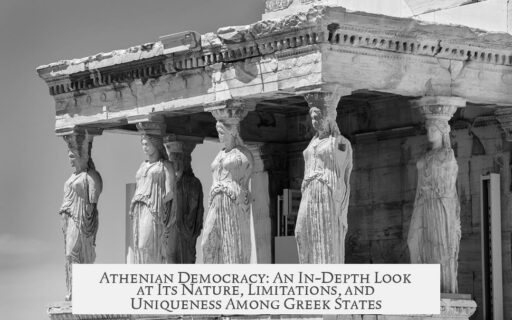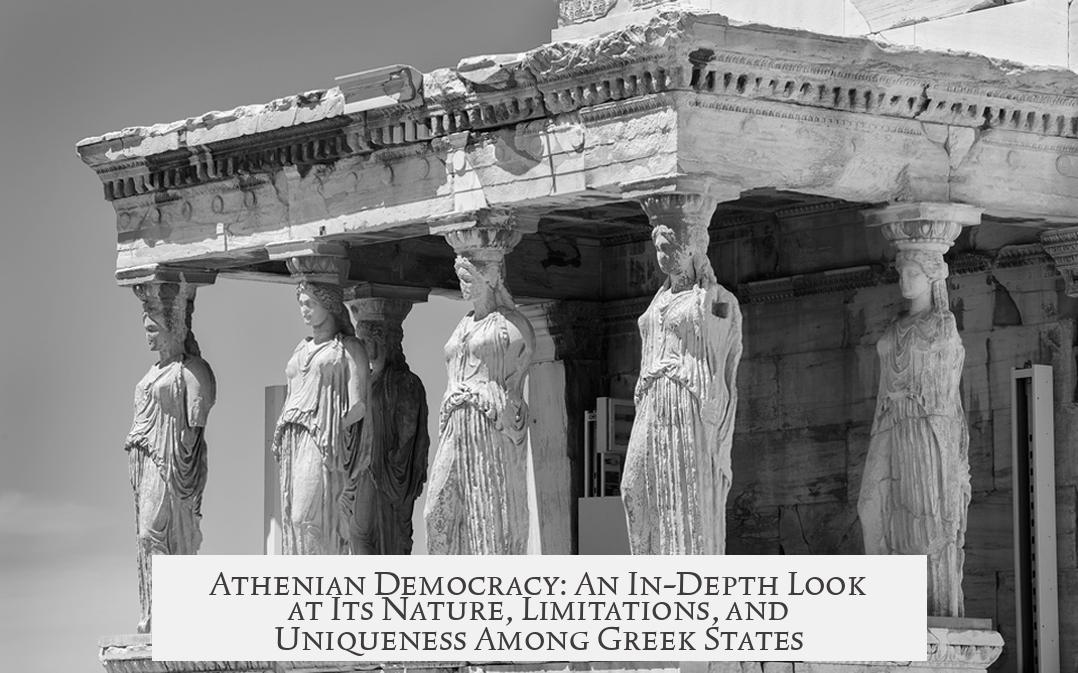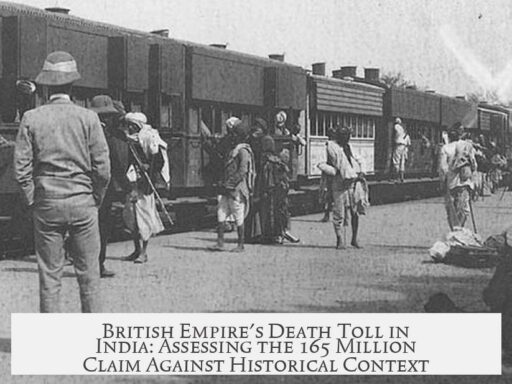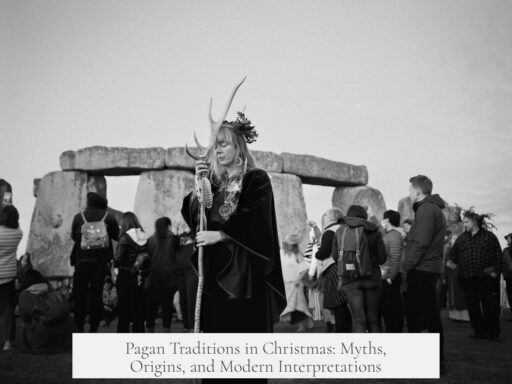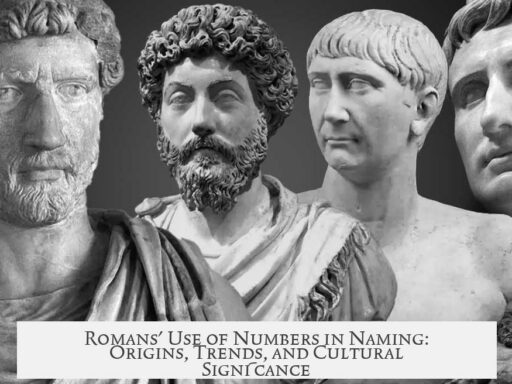Athenian democracy was a political system spanning from 508/7 to 322 BC, where all adult male citizens theoretically held equal rights and shared power directly in governing Athens. This system developed after reforms by the statesman Kleisthenes, who aimed to dismantle the dominance of powerful clans rather than to empower the general populace outright. Although commonly viewed as radical democracy, its true practice showed significant limitations and distinctions compared to other Greek city-states.
Athenian democracy began with Kleisthenes’ reforms, which significantly altered Athens’ political structure. Instead of granting broad new powers, Kleisthenes reorganized administrative districts by mixing urban, rural, and coastal populations. This prevented traditional clan alliances from dominating. Council membership, responsible for overseeing daily administration and proposing policies to the Assembly, was assigned by lot, ensuring random and equal chances to hold office among male citizens. The Assembly, comprising all adult male citizens, held ultimate authority on legislation and decisions. The introduction of ostrakismos, allowing citizens once yearly to exile a potential tyrant, further curbed concentration of power.
The political system functioned within broader Greek contexts where citizenship was strictly defined. Only freeborn adult males with native parentage were recognized as citizens. Other residents, such as non-citizen freeborn and slaves, had no political rights. Most Greek states operated under oligarchies where wealthy elites monopolized magistracies and councils. Though public assemblies existed, electoral biases favored affluent men with the resources and education to campaign successfully. In contrast, Athens’ lottery system for council membership and direct decision-making in the Assembly sought to undermine such elite dominance.
Before Kleisthenes, Athens and other Greek states suffered political instability stemming from elite rivalries. Wealthy families competed aggressively for offices, using public spending, connections, and influence to maintain dominance. This fueled social tensions, frequent civil conflicts, and the rise of tyrants when one individual outmatched rivals. Economic disparities worsened, pushing poorer citizens to the margins. Kleisthenes’ reforms aimed primarily at breaking this cycle by redistributing political participation randomly among citizens, thereby disrupting aristocratic entrenchment.
Despite theoretical equality, Athenian democracy contained important limitations. The Areopagos council, comprising former high-ranking magistrates, remained powerful and aristocratic. Participation depended on citizens’ availability, disadvantaging poorer men who could not afford time away from work. Thus, real influence often stayed with wealthier, better-connected individuals. Scholars continue to debate when Athens became a genuine radical democracy, as reforms unfolded incrementally throughout the fifth century BC.
Compared to other Greek city-states, Athens was unique in embedding direct democratic principles. Most city-states retained oligarchic governments dominated by elites. Athens’ use of random selection and broad citizen involvement in legislation and judiciary processes set it apart. Yet, citizenship exclusions and societal inequalities meant full democracy applied to a limited segment of the population only. The system’s directness and scale provide a valuable historical model of participatory governance, but one shaped by distinct social conditions and constraints.
In summary:
- Athenian democracy involved direct rule by all adult male citizens through lotteries and assemblies.
- Kleisthenes’ reforms broke aristocratic dominance but did not grant extensive new powers initially.
- The system was limited by citizenship restrictions and practical inequalities affecting poor citizens’ participation.
- Athens was unique among Greek states in implementing direct democracy rather than oligarchy.
- Its democratic nature evolved over time, with debates about when it became truly radical.
What Exactly Was Athenian Democracy? Was It Truly as Radically Democratic as Popularly Imagined? Was It Unique Among Other Greek States?
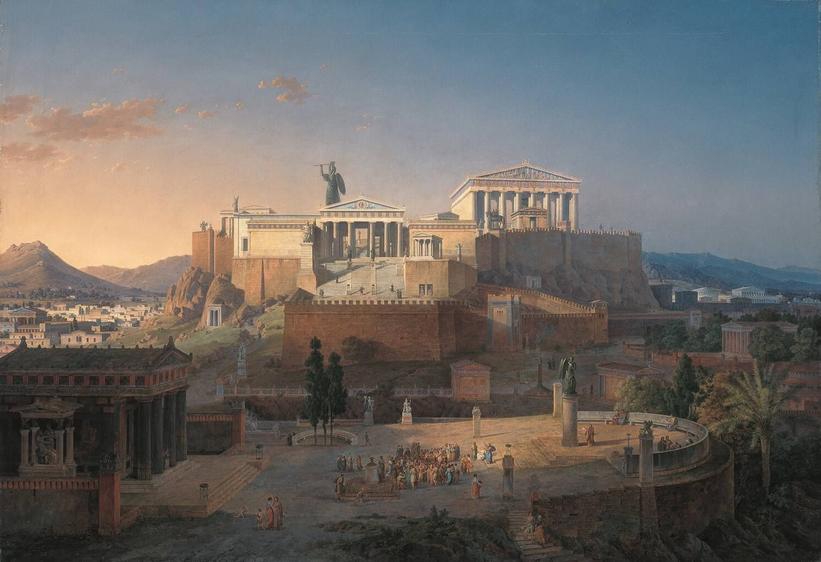
Athenian democracy was an ancient political system where adult male citizens theoretically held equal political and legal rights, exercising direct control over public matters. Sounds straightforward, right? But scratch beneath the surface, and things get a lot more complex—and fascinating.
Let’s unpack what Athenian democracy actually was, how it measured up to our modern ideas of democracy, and what made it stand out among Greek city-states.
Where Did Athenian Democracy Come From?
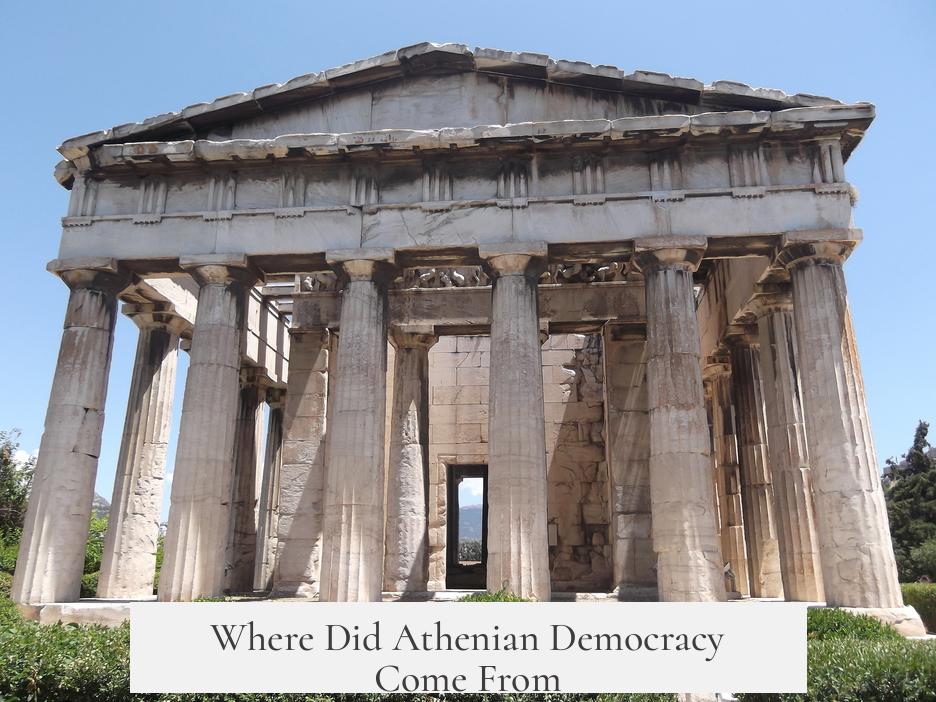
Athenian democracy, existing roughly between 508/7 BC and 322 BC, was a notable political experiment initiated mainly by the reformer Kleisthenes. The system wasn’t continuous—there were interruptions—but it marked a huge shift in how power was distributed in Athens.
The Greeks themselves didn’t originally call it “democracy” (from demos, people, and kratos, power). They preferred words like isegoria (equality in speech) or isonomia (equal laws) to describe it. The historian Herodotos, writing much later, was the first we know to use demokratia explicitly.
This political system was built on the idea that all adult male citizens had the same rights and access to public power. It involved direct democracy, meaning citizens voted directly on decisions rather than electing representatives to do so.
The Athenian Context: More Than Just Citizens
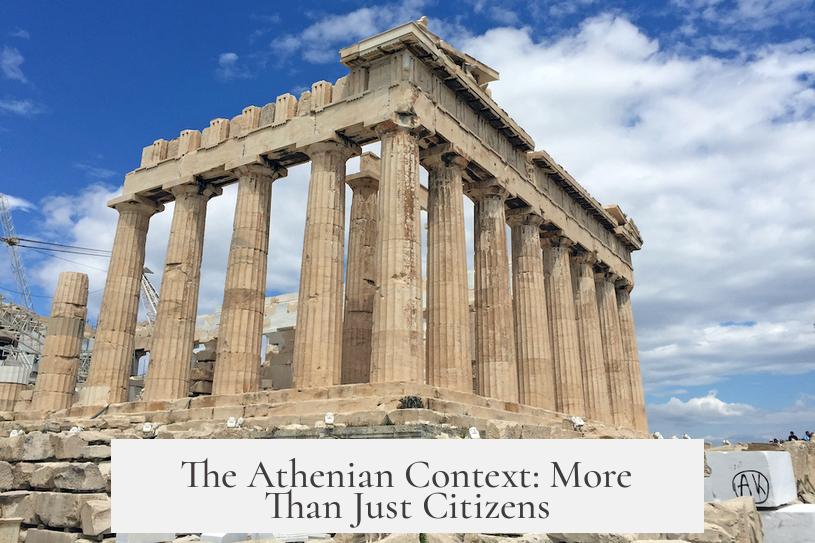
Here’s a little twist that’s easy to overlook: not every person living in Athens was a citizen. The population split into three groups:
- Citizens (mostly born from free parents in Athens)
- Non-citizens (like immigrants)
- Slaves
Only adult male citizens could participate in democratic processes. Women, slaves, and foreigners were excluded, which significantly shrinks what we might imagine as a “democratic” body.
Democracy Versus Oligarchy: The Political Landscape of Greek States
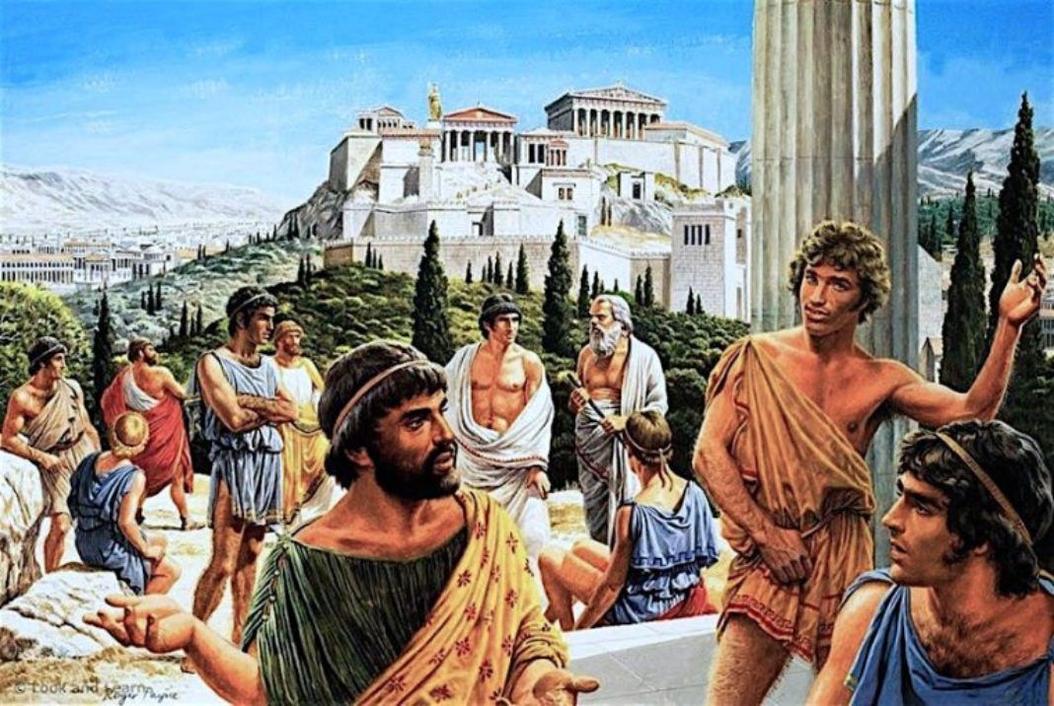
Back then, most Greek city-states were oligarchies rather than democracies. This means they were ruled by a few, often the wealthiest and most influential.
Many states had assemblies—but these were mostly symbolic. The wealthy dominated. Why? Because elections favored those with money and connections. Rich folk had resources to sponsor public work, entertainments, and defense, which boosted their prestige and power.
This led to political instability, with elite families constantly maneuvering for dominance. Power struggles could lead to tyranny or civil war. Meanwhile, the poorer citizens often sank deeper into hardship with no realistic way to compete.
Kleisthenes: The Man Who Shook Things Up
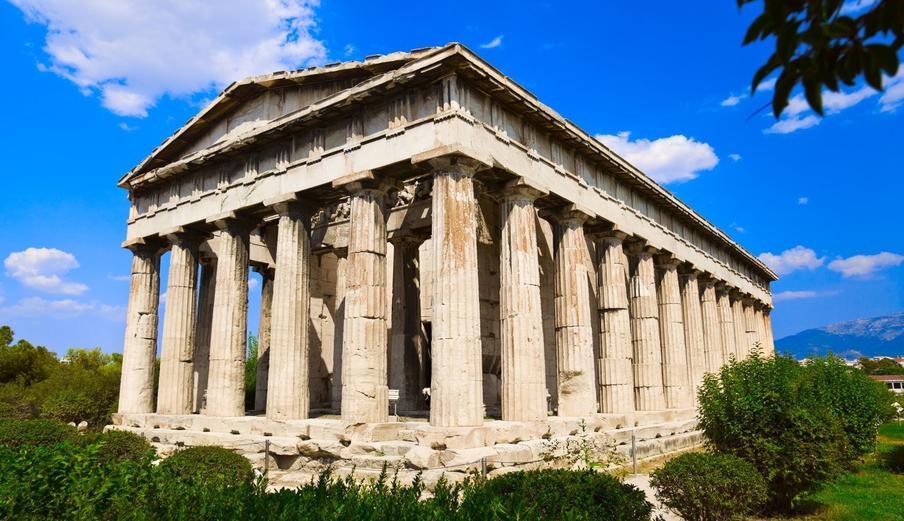
Enter Kleisthenes, who around 508/7 BC decided the status quo wasn’t cutting it anymore. He aimed to break the grip of powerful clan families to stop their backstabbing contest for control. But here’s the kicker—his reforms probably weren’t about empowering “the people” as a collective force.
How do we know? Kleisthenes didn’t create new institutions or hand more power to the existing Assembly. Instead, he tinkered with the structure:
- He redrew administrative districts, mixing city, countryside, and coastal areas. This diluted local loyalties and divided old familial power bases.
- He introduced selection of council members by lot (think: political lottery), which randomly gave citizens the chance to serve. This helped prevent any guaranteed power for the elites. No more ‘winning’ your way into office through connections or money.
- He extended some rights to non-citizens tied to their new districts. These folks became loyal to these districts and Athens rather than old clans.
- He empowered the Assembly with ostrakismos—the ability to banish a citizen once a year by vote, preventing tyranny.
In short, Kleisthenes created mechanisms to prevent concentrated power rather than openly hand power to the masses.
Randomness and Equality: The Birth of Isonomia
As a consequence of these reforms, access to power became random and equalized. Every citizen had a shot at serving on the Council, which handled day-to-day affairs and shaped the Assembly’s agenda. This idea of random public service was a radical step toward isonomia—equality before the law and equality in political opportunity.
Not So Radical? The Limitations of Athenian Democracy
Before you start imagining Athens as the 5th century BC’s version of a bustling town hall democracy, some caveats are necessary:
- The Areopagos Council, a powerful body, was dominated by aristocrats—ex-magistrates with plenty of elite pedigree.
- Although poor citizens technically had the right to participate, many couldn’t afford the time. Democracy requires not just rights but the means to exercise them.
- Many reforms followed Kleisthenes’, but historians debate when Athens truly became a “radical” democracy—some say it never fully did.
We’re looking at a system that was more open than its contemporaries, yes. But “full democracy” in the modern sense? That’s a stretch. Women, slaves, and metics (resident foreigners) were permanently shut out.
Was Athenian Democracy Unique Among Greek States?
Yes and no. Athens was unique in its scale and longevity of apparently democratic institutions. Most other city-states stayed firmly oligarchic or ruled by tyrants. However, many featured citizen assemblies that served more as stage props rather than real decision-makers.
Athens stood out for its experiment with random selection for office and its development of mechanisms like ostrakismos to check power. But in the grand scheme, it’s best seen as a strongly limited, carefully engineered system designed partly to prevent tyranny and civil war. It wasn’t an ideological leap to “rule by all,” but a shrewd balancing act to keep elite families in check and avoid cataclysm.
Why Should We Care About These Ancient Political Systems Today?
Understanding Athenian democracy enriches our appreciation of democracy’s complexities. It wasn’t a utopian ideal realized but a messy, ongoing negotiation of power and privilege—still very relevant today.
Moreover, the use of random political selection and temporary service is inspiring. It counters our modern obsession with professional politicians and entrenched parties. Maybe we need more “Kleisthenes moments” to shake up modern democracies facing wealth-driven oligarchic tendencies.
Still, the Athenian system exposes the challenge of defining democracy: is it mere formal equality? Substantive influence for all? Or simply the absence of dominant tyrants?
In Conclusion
Athenian democracy was a groundbreaking political system where adult male citizens had formal equal rights and direct power over public decisions. But this democracy operated within significant exclusions and was designed to control elite factions more than to empower the entire populace genuinely.
It was unique among Greek states for its random access to office and assembly empowerment, but it fell short of a fully inclusive democracy. The system evolved toward isonomia, equality before the law and political opportunity, but many inequalities persisted in practice.
What can modern democracies learn from Athens? Possibly the importance of institutional design to prevent domination by elites and continuous innovation to safeguard equality—not idealistic democracy, but practical politics.
So, was Athenian democracy as radically democratic as we imagine? Not quite. But it was a pioneering experiment that gave us a glimpse of “people power” in action and set the stage for future democratic theories.
What was the main goal of Kleisthenes’ reforms in Athenian democracy?
Kleisthenes aimed to break the power of old elite clans. He sought to prevent any one group from dominating the city. His reforms randomized council membership and mixed administrative districts.
Did all Athenians have equal power in their democracy?
In theory, all adult male citizens had equal rights and access to power. In reality, wealthy citizens still often influenced decisions due to their resources and time.
How did Athenian democracy differ from other Greek city-states?
Athens introduced randomized council seats and included more citizens in decision-making. Other Greek states were mostly oligarchic, run by wealthy few with hereditary privileges.
Was Athenian democracy truly radical and inclusive during its time?
It was more equal than before but still limited. Women, slaves, and non-citizens were excluded. Poorer men struggled to participate fully, despite legal rights.
What unique features helped prevent tyranny in Athens?
The power to ostracize citizens for a year helped check ambitions. Randomized council appointments blocked permanent control. These systems curbed dominance by single individuals or families.
